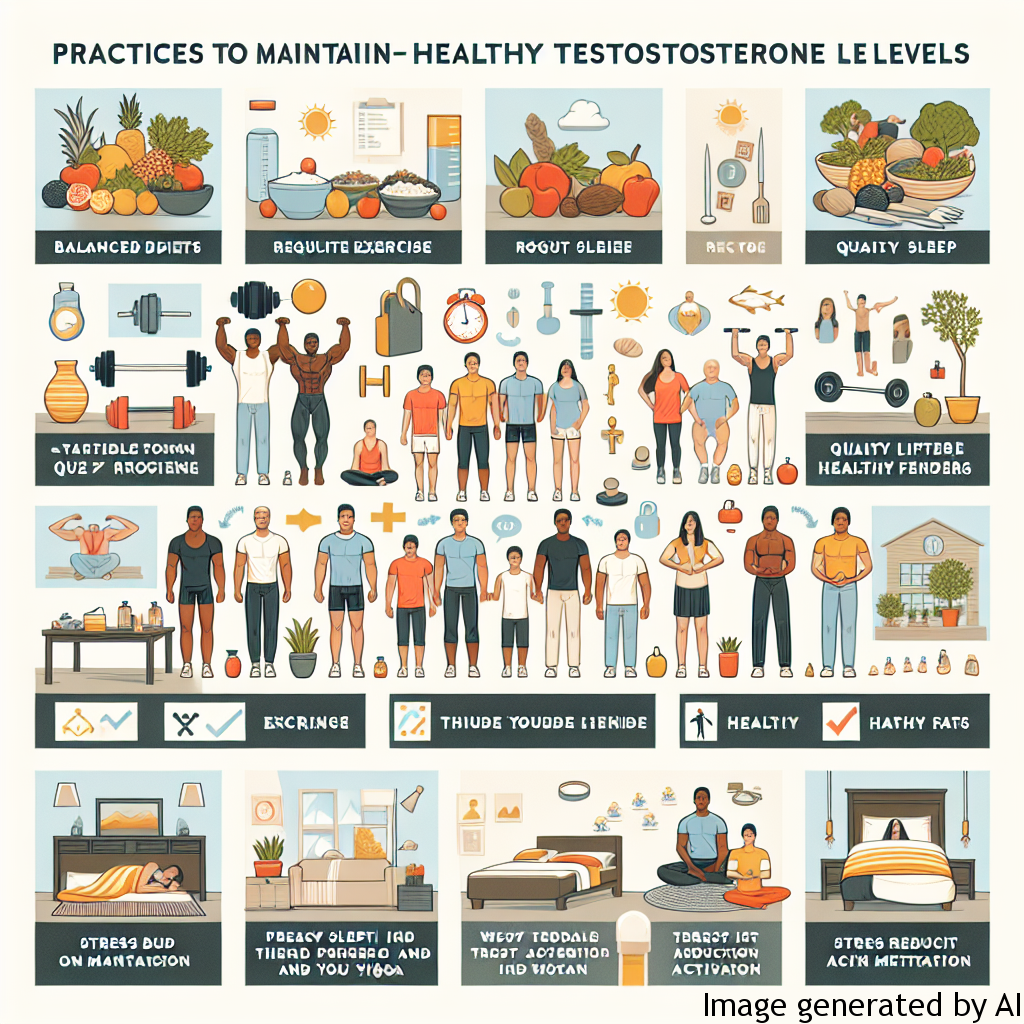Introduction
Testosterone, a hormone produced primarily in the testicles, plays a significant role in a man’s body. It aids in the development of male growth and masculine characteristics. Testosterone levels can affect men’s sex drive, erections, mood, muscle mass, and bone health. Hence, maintaining healthy testosterone levels is crucial not only for physical health but also psychological wellbeing. Testosterone influences gender behavior and expectations, and an imbalance can impact a man’s psychological health, and ultimately, his life. It raises crucial questions about male mental health within the construct of societal gender roles—what are the prevalent gender expectations and how do they affect men’s psychological health? How do gender roles influence men’s lives? And what can be done to improve men’s mental health within the gender roles prescribed by society?
Description of Gender Expectations and Their Effect on Men’s Psychological Health
Defining Gender Expectations
Gender expectations are societal norms dictating how individuals should behave, feel, and think, based on their biological sex. These expectations can vary greatly across different cultures and eras, but they almost universally exist. For men, these typically include being emotionally stoic, financially responsible, and physically assertive or dominant.
The Consequence of Gender Expectations on Men’s Health
Status Quo regarding gender roles can potentially be a source of psychological stress, leading to diminished mental health. Men often feel compelled to conceal their emotions because of the supposed ‘sign of weakness,’ which can lead to issues like depression and anxiety. The societal expectation for men to be the primary earners of the family can also cause stress, impacting both their physical and mental health, potentially leading to unhealthy lifestyles and, consequently, lower testosterone levels.
Examples of How Gender Roles Can Influence Men’s Lives
The perception of gender roles can greatly pressure men to wear multiple hats – the provider, the protector, and the emotional stoic. For instance, the expectations that men should not express emotion can discourage them from seeking help when faced with psychological distress, leading to increased risk of mental health disorders. Similarly, the pressure of being the primary provider puts an undue burden, often leading to long working hours and unhealthy lifestyles, thereby negatively impacting their testosterone levels and overall health.
Tips for Improving Psychological Health Considering Gender Roles
To maintain healthy testosterone levels, it is essential to address the psychological health of men. This involves challenging and relaxing traditional gender role expectations. Some strategies include:
- Encouraging Emotional Expression: Break the stigma against men expressing emotions. Stress the importance of expressing feelings and seeking help when needed.
- Promoting Healthy Lifestyle: Encourage regular exercise and a balanced diet, as these greatly impact hormone levels and mental health. Combating stress through activities like yoga, meditation, and mindfulness can also be beneficial.
- Balancing Work and Personal Life: Promote a work-life balance that emphasizes the importance of downtime and recreation alongside work.
- Creating Awareness: Serving as allies and advocates for breaking away from rigidly defined masculine roles to create a culture that respects individuality and values mental health.
Conclusion
Testosterone plays a crucial role in men’s physical and psychological health, and societal gender roles can impact these levels. Recognizing and addressing these issues is necessary for fostering a more inclusive and healthier environment for men. By promoting the permeability of traditional gender expectations, we can move forward in creating a society that prioritizes individual health and well-being over outdated stereotypes.

